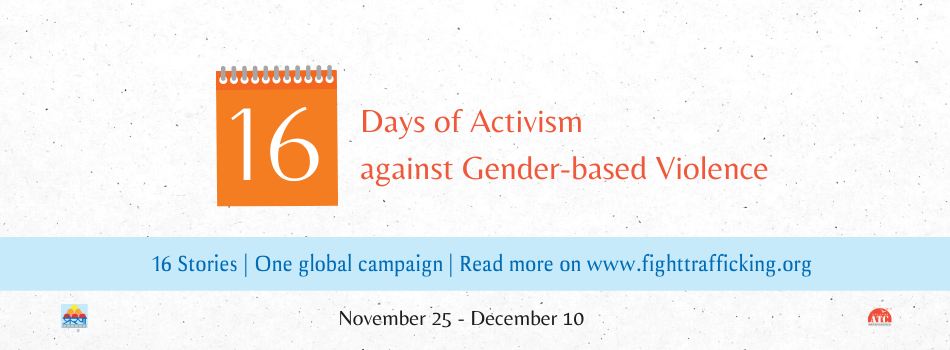
Day 10: Emotional violence in a Children's Home
Priya Ahluwalia
Counselor,ATC
Sanchi (name changed) is a victim of commercial sexual exploitation and has been in institutional care since 2018. During the early phase of the COVID-19 lockdown, she struggled to stabilize due to fear over the uncertainty of the future. Her distress was only worsened when she was transferred to another Children’s Home and lost contact with her closest friends in the process.
In the new Home, Sanchi struggled to come to terms with the loss of the comfort of her friends and the familiarity of an institution she has been residing in for two years. She sought to form new bonds to alleviate her distress and gradually formed a close friendship with Siddhika (name changed). Their friendship offered Sanchi the much-needed comfort and support she had lost in the past few months. Sanchi started to flourish, her mood improved and she started to show interest in new activities. However, as they spent more time together, rumors about their friendship evolved. The fellow residents of the institution labeled Sanchi and Siddhika as ‘lesbian type’.
Many residents began to tease and taunt them. Sanchi shared that she was deeply affected by these comments. Sanchi began to question her identity and often reacted aggressively to these jibes. Sanchi’s mood began to plummet as she began to withdraw from people and activities that she once enjoyed. She grew hopeless and often stated ‘there was no happiness or comfort for her here, there was no point in seeking happiness now’. Thus, a friendship misconstrued as sexual orientation caused significant emotional distress to Sanchi.
While the institutional staff did not cause distress in Sanchi’s case, their responses were critical to the child’s experience. Many times, the Home staff may worsen the situation by further taunting the children or scolding and punishing them for their alleged misbehavior. It is crucial that the in-house staff is trained to respond to such incidents in an empathetic and non-judgmental manner.
Children with experiences of trauma, living away from families often seek comfort from their friends. Within child care institutions, this friendship is often misunderstood, labeled by the staff and the children as an ‘immoral sexual attraction’. As a result of it, children who are friends and sometimes touch each other or share a bed, walk hand in hand, etc are often maligned and ostracized. As this misunderstanding festers within the institution, it creates an emotionally unsafe space for these children. While responding to such incidents, we must acknowledge the hurt and pain caused by such statements but also hold space for normalizing sexuality and other non-conforming behaviors. The aim of these conversations should be to de-stigmatize gender and sexuality, while the children living in the institution continue to follow its rules. Through these conversations, we not only assist them in stabilizing but also assist them in widening their understanding of the world.
To be or not to be? Questions on motherhood searching answers
Over the past decade we have come across an increased use of the term survivors to refer to victims of Read more
As stakeholders working with young women, it is important that we understand the structures in which these young women are Read more



